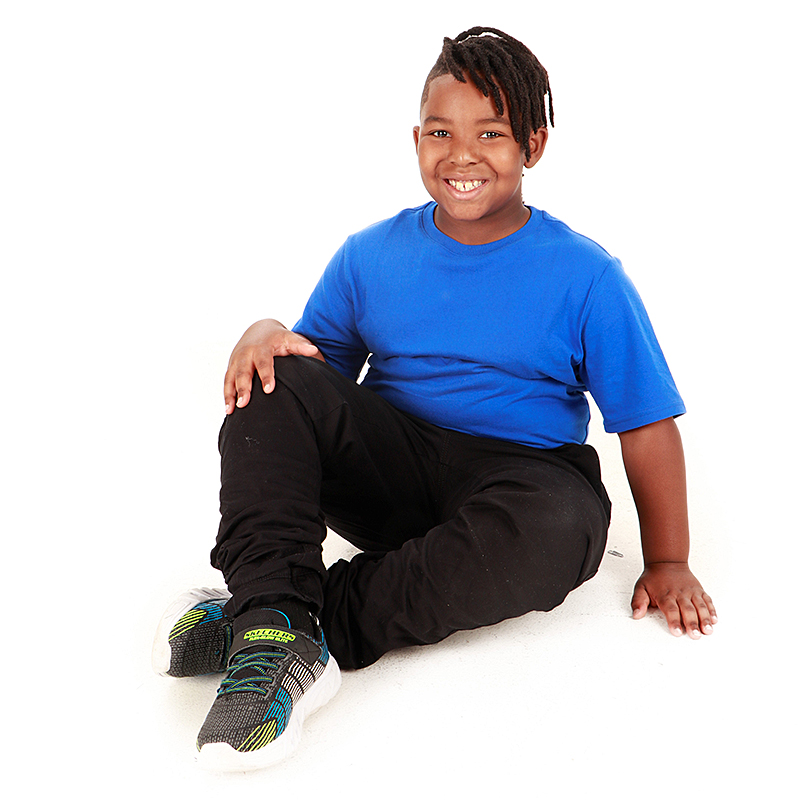When a child is first diagnosed with cancer, families may feel overwhelmed by new information and unsure of the next steps. When doubts or confusions arise, some families may wish to seek a second opinion.
Some reasons to ask for a second opinion include:
- To confirm a child’s diagnosis is correct
- To seek the guidance of an expert in that particular type of cancer
- To make sure the next step of treatment is the right one (i.e. before a new drug or chemotherapy is introduced, or before surgery)
One single physician cannot be an expert on all diagnoses – and medicine is not an exact science. A study conducted by The American Journal of Medicine showed that a second opinion led to a change in diagnosis for 15% of patients and a change in treatment for about 37% of the 6700+ patients studied. Some doctors elect on their own to consult with another colleague or physician on particularly rare or unusual cases.
Parents may hesitate to ask their oncologist for a second opinion for fear of insulting or offending them. While it is not impossible that a physician may be offended by the request, experienced doctors are used to patients asking for second opinions and often welcome the consultation of another physician.
Regarding childhood cancer, parents should always feel comfortable advocating for their child and pursuing all available treatment options.
Meet Devin

Devin’s physician understood Devin’s parents’ fears and agreed to help them get a consultation with another team of doctors. After the consultation, Devin and his family were transferred to another hospital, where his diagnosis was confirmed and an alternative treatment plan was introduced. Devin’s mom and dad are happy with their choice to ask for a second opinion – and happy with how Devin is responding to treatment.
Melissa shares straightforward advice to parents considering a second opinion: “Always go for it.” She also recommends making sure that scanned copies of the child’s complete medical history (diagnostic scans, existing treatment plan, clinical reports, etc.) are saved and ready to go in case there is a delay in the transfer. “We gathered everything ourselves and scanned and saved every piece we could get,” Melissa said. It should be noted that physicians may charge for releasing medical documents.
If you are seeking the opinion of another doctor, speak with your child’s current physician so options can be discussed, and the best course of action can be taken. Parents can refer to The Other Side of the Mountain: A Parent’s Guide to Surviving Childhood Cancer for further tips on obtaining second opinions, including which questions to ask, steps to take, and ways to stay informed while your child undergoes treatment.

